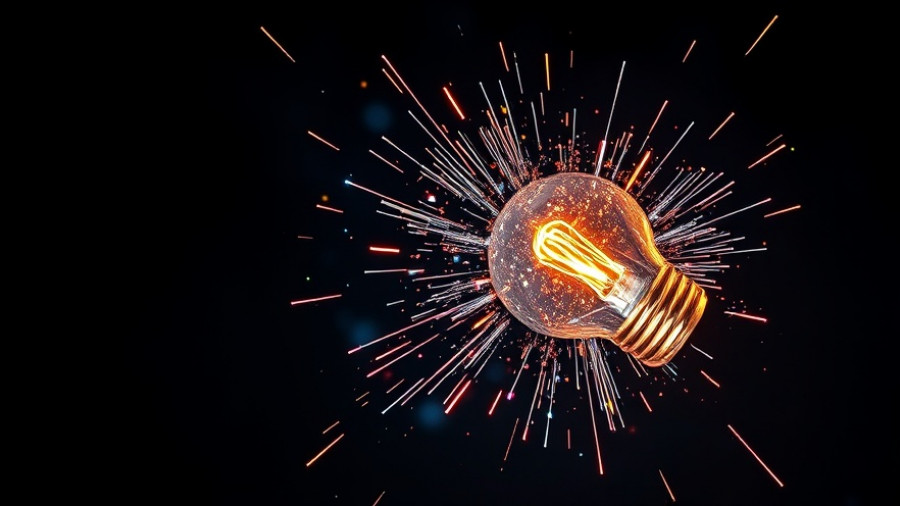
Understanding the Push for Universal Calibration Standards
A recent whitepaper highlights an urgent call for universal standards in vehicle calibrations, a practice that ensures the proper functioning of advanced driver-assistance systems (ADAS). These systems, which include features like automatic braking and lane-keeping assistance, are becoming standard in modern vehicles and necessitate precise calibrations after repairs to maintain safety and efficacy.
The Importance of Accurate Calibrations
Proper calibrations are essential not only for the performance of vehicle systems but also for the safety of drivers and passengers. Without accurate calibrations, the risk of malfunctions increases, potentially leading to accidents. The whitepaper illustrates that inconsistencies across repair shops in calibration methods can present significant risks, making a case for established universal standards that all shops should adhere to.
Challenges in Implementing Standards
One of the significant hurdles in enforcing these standards is the lack of a central governing body overseeing calibration procedures. According to experts, while many manufacturers provide guidelines, these are often not uniformly followed, emphasizing the need for regulatory backup. The implementation of such standards could further streamline the calibration process across repair facilities and improve overall vehicle safety.
Looking Ahead: The Future of Vehicle Safety
As automotive technology continues to evolve, the necessity for unified calibration standards will only grow. Stakeholders from the automotive repair industry, insurers, and regulatory bodies need to collaborate to create a safer environment for those on the road. Awareness and adherence to calibration procedures can significantly impact road safety and the effectiveness of ADAS technologies.
 Add Row
Add Row  Add
Add 




Write A Comment